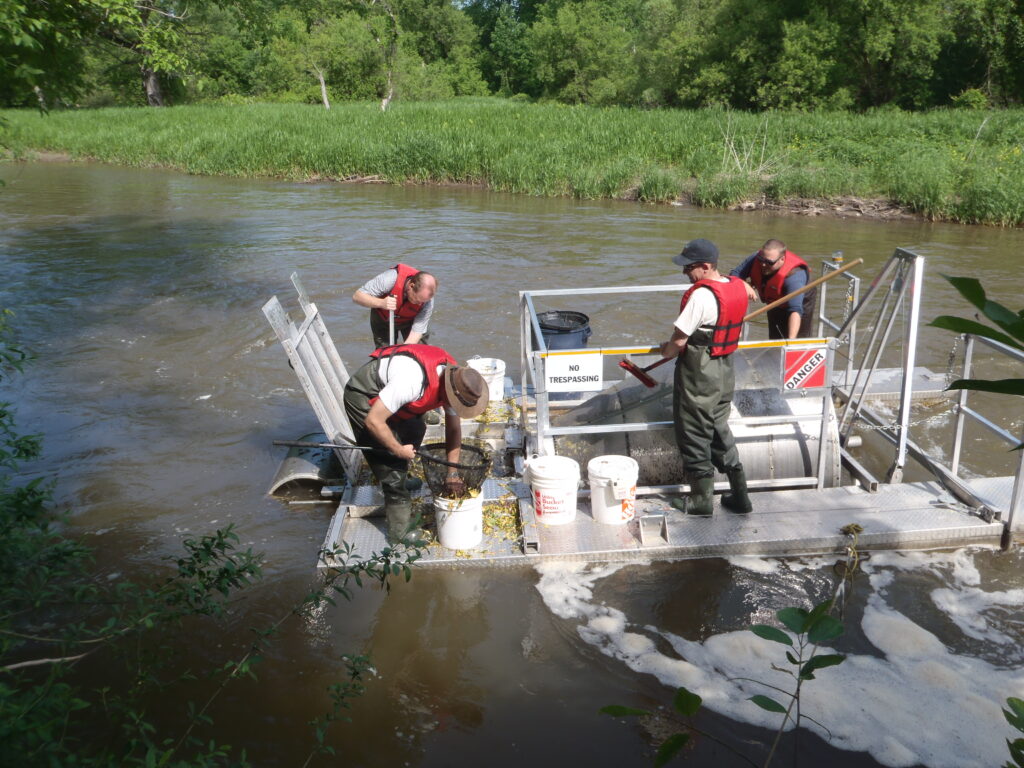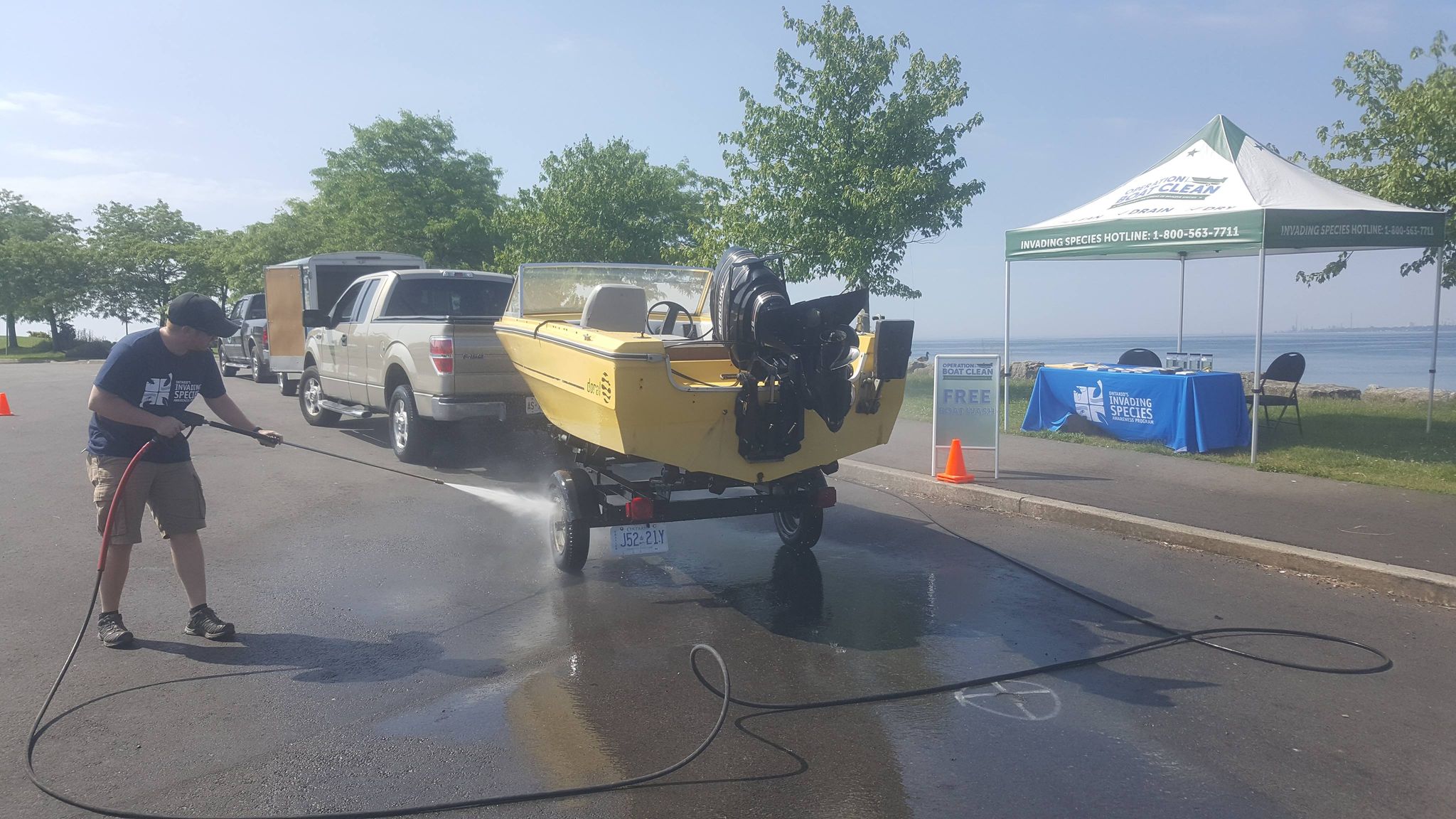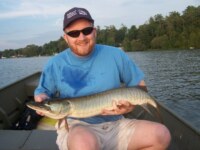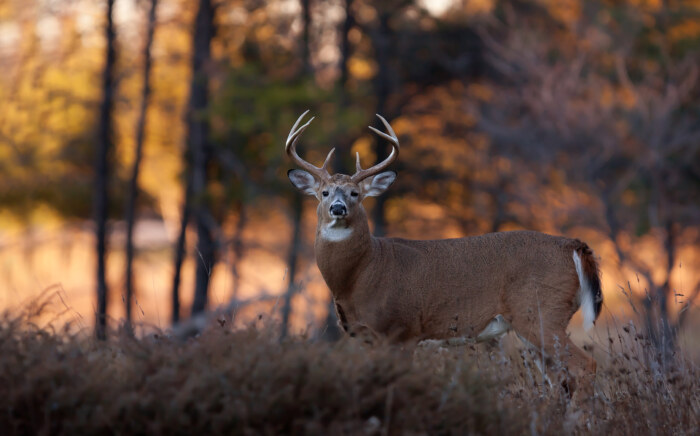Many of us fish the Great Lakes and tributaries and enjoy the many other benefits like drinking water, beaches, and other recreation. The Great Lakes are incredibly unique and so vast that it is easy to take for granted what it takes to protect them and sustain the many environmental, economic, health, and social benefits they offer.
In general, it takes a lot to look after fisheries in Ontario – four levels of government (federal, Indigenous communities, provincial, municipal), agencies such as conservation authorities, and environmental and conservation NGOs. Throw in the federal and state governments on the United States side of the Great Lakes and binational agencies such as the Great Lakes Fishery Commission, Great Lakes Commission, and International Joint Commission, and there are a lot of moving parts.
When it comes to the Great Lakes, one of the key tools for Ontario and Canada to meet their objectives under the binational Great Lakes Water Quality Agreement (GLWQA) is the Canada-Ontario Agreement on Great Lakes Water Quality and Ecosystem Health, which is more commonly known as COA. The COA provides a roadmap, and funding levers, for cooperative efforts on multiple fronts, including nutrient management, reducing plastic pollution and excess road salt entering waterways, wastewater and stormwater management, aquatic invasive species, and improving resilience to climate change.
The COA is made up of annexes that describe the goals, intended results, and government commitments related to 13 different areas of focus. The OFAH participates on binational subcommittees under the GLWQA* for three of those annexes (Habitat and Species, Lakewide Management, and Aquatic Invasive Species) where we discuss issues with other stakeholders and provide advice to governments on both the Canadian and U.S. sides of the border. We are one of the few non-government organizations on the subcommittees.
OFAH initiatives such as the Lake Ontario Atlantic Salmon Restoration and Invasive Species Awareness Programs, are partnerships on the Great Lakes that also rely in part on COA funding to achieve their collective goals, even though it’s not necessarily funding the OFAH receives (i.e. goes towards government contributions to the programs).

An example of COA’s funding support for Atlantic Salmon restoration is this rotary screw trap that operated in the Credit River to monitor for juvenile Atlantics migrating downstream every spring.
So it was welcome good news when on May 27, 2021, the governments of Ontario and Canada finalized a new five-year Canada-Ontario Agreement to restore, protect and conserve water quality and ecosystem health in the Great Lakes.
Given the importance of this agreement, through the National Fishing and Hunting Collaborative, the OFAH had highlighted the COA as a Regional Priority in the 2019 federal election, calling on both the provincial and federal governments to commit to the following:
• sufficient and sustained funding for COA priorities;
• increased transparency and public involvement in decision-making;
• recognizing the social and economic value of the Great Lakes fisheries and avoid policies that limit recreational fishing opportunities; and
• focus efforts on critical priorities such as habitat and species restoration, nutrient management, and the prevention and mitigation of aquatic invasive species (particularly Sea Lamprey, Asian carps, and water soldier).
The new COA also includes commitments to enhance public engagement in the Great Lakes, and the OFAH will be holding both levels of government to those commitments and informing members of the opportunities to participate in consultations and citizen science.
The OFAH will also be looking for a substantial financial investment from Canada and Ontario in line with the benefits and potential we have in the Great Lakes. The Great Lakes basin contains 40% of Canada’s economy, including 25% of its agriculture and almost 50% of its manufacturing and it helps generate more than $13 billion annually for the Canadian economy from its recreation and resource-related interests alone. The OFAH collaborated with the Great Lakes Fishery Commission to produce a video that breaks down the tremendous values of the Great Lakes and why political focus and investment is needed to keep them healthy.
WATCH: The Great Lakes Explained
AGREEMENT SUMMARY
CLICK HERE to review a summary of the Canada-Ontario Agreement.
NOTE: *For those keeping score at home, the GLWQA only has ten annexes and they don’t align completely with the COA’s 13 – Canada and Ontario have internally adapted the annexes to Canadian interests and perspectives.






Leave a Comment